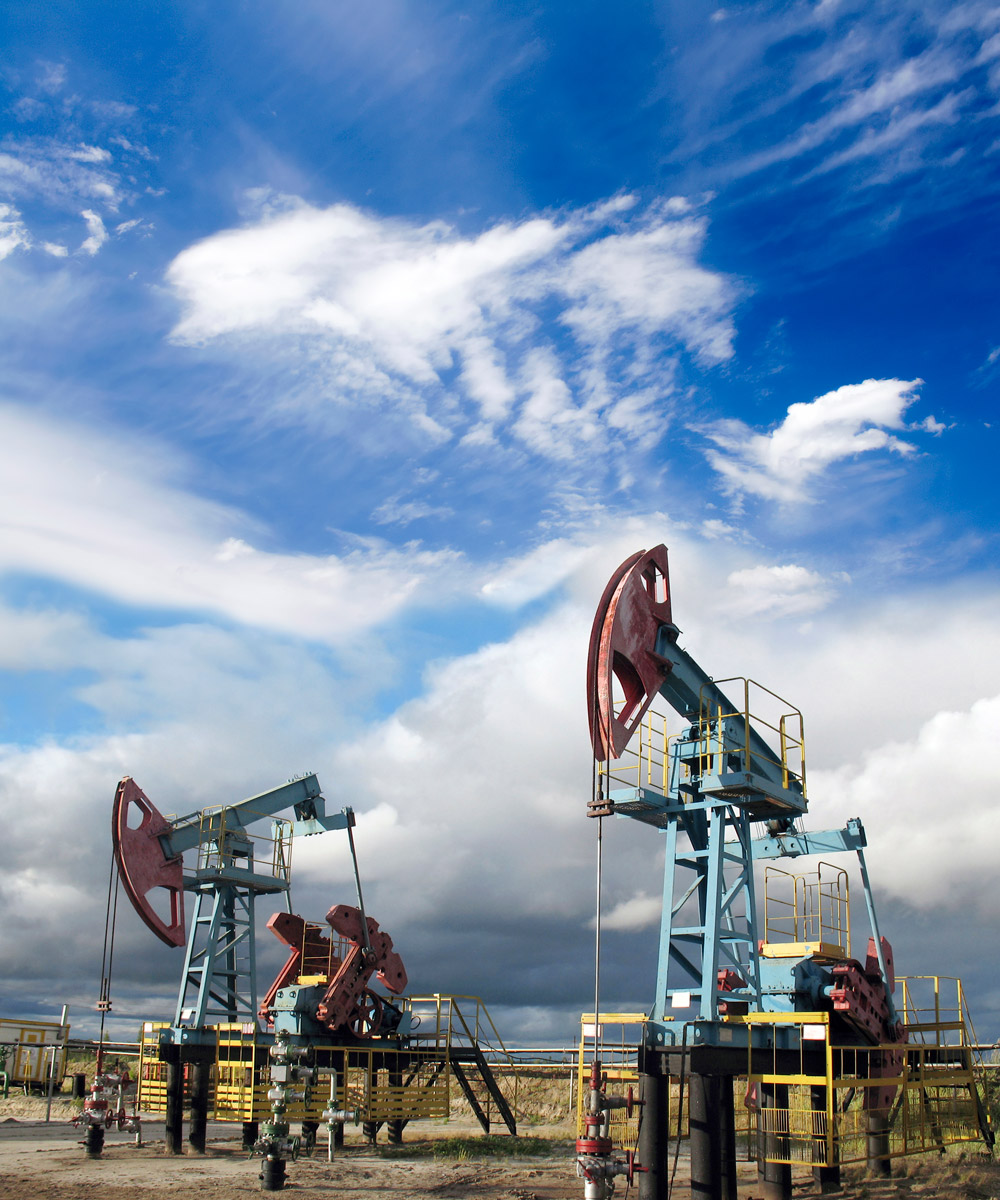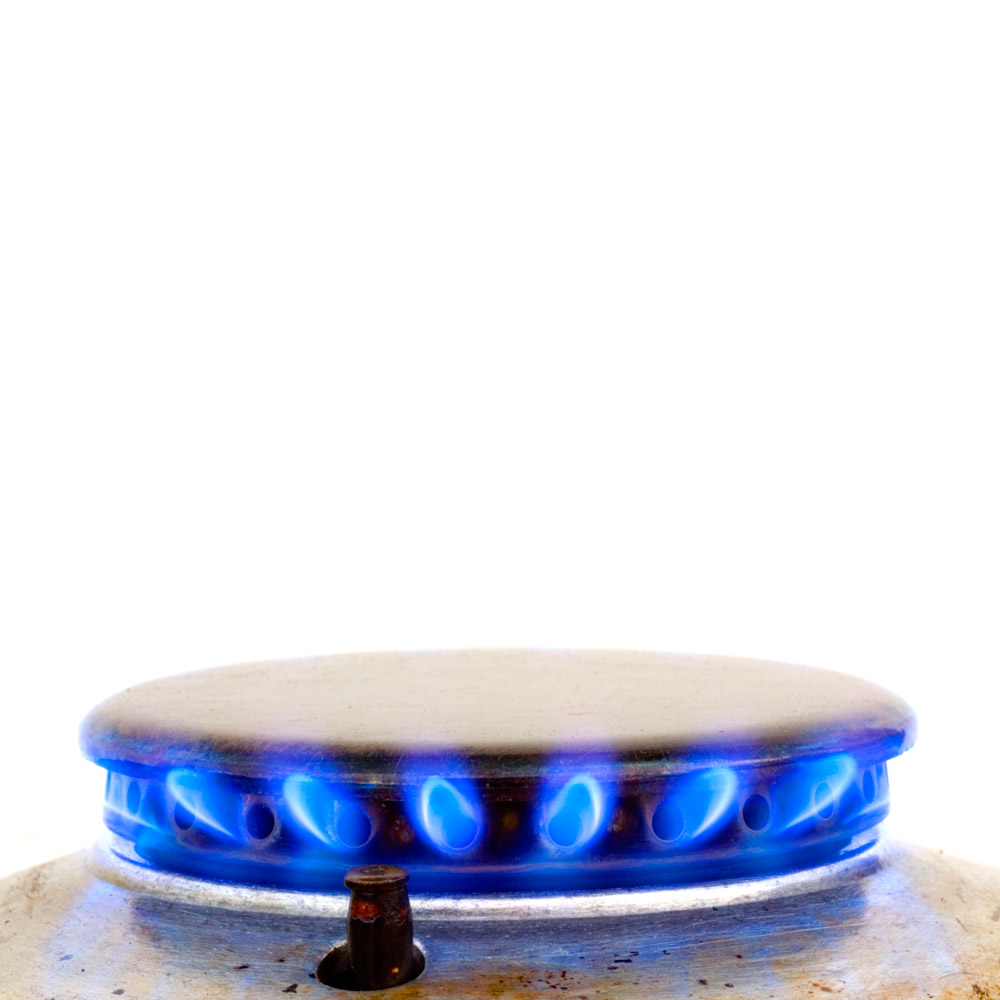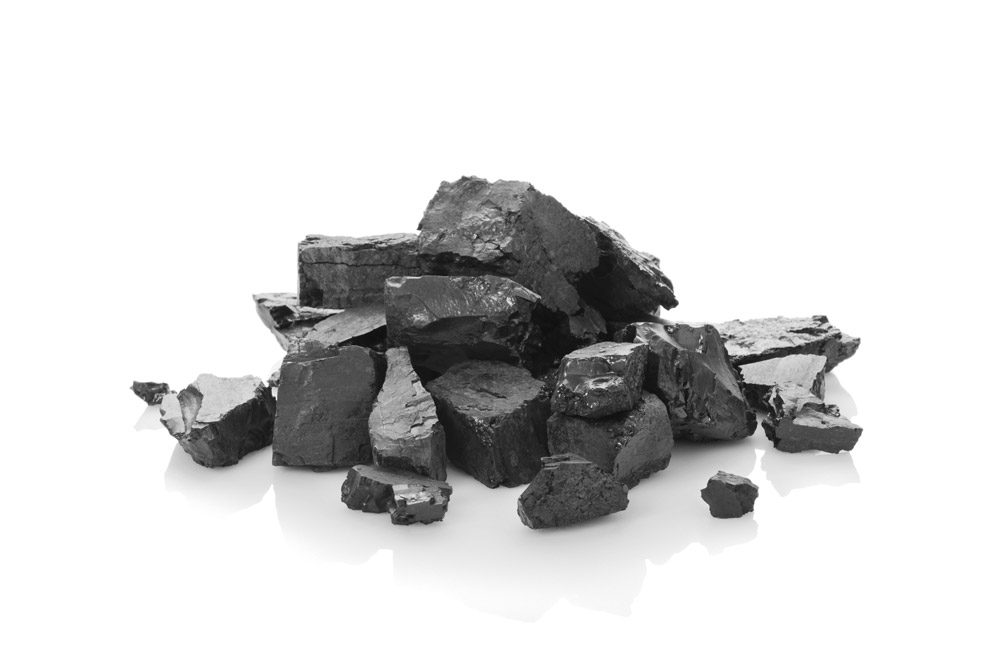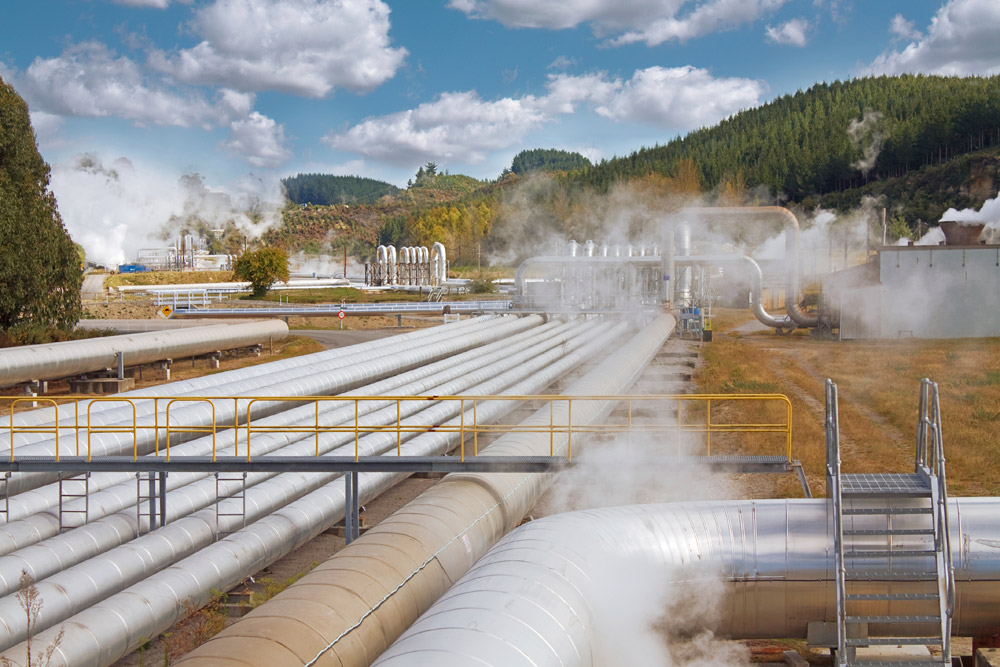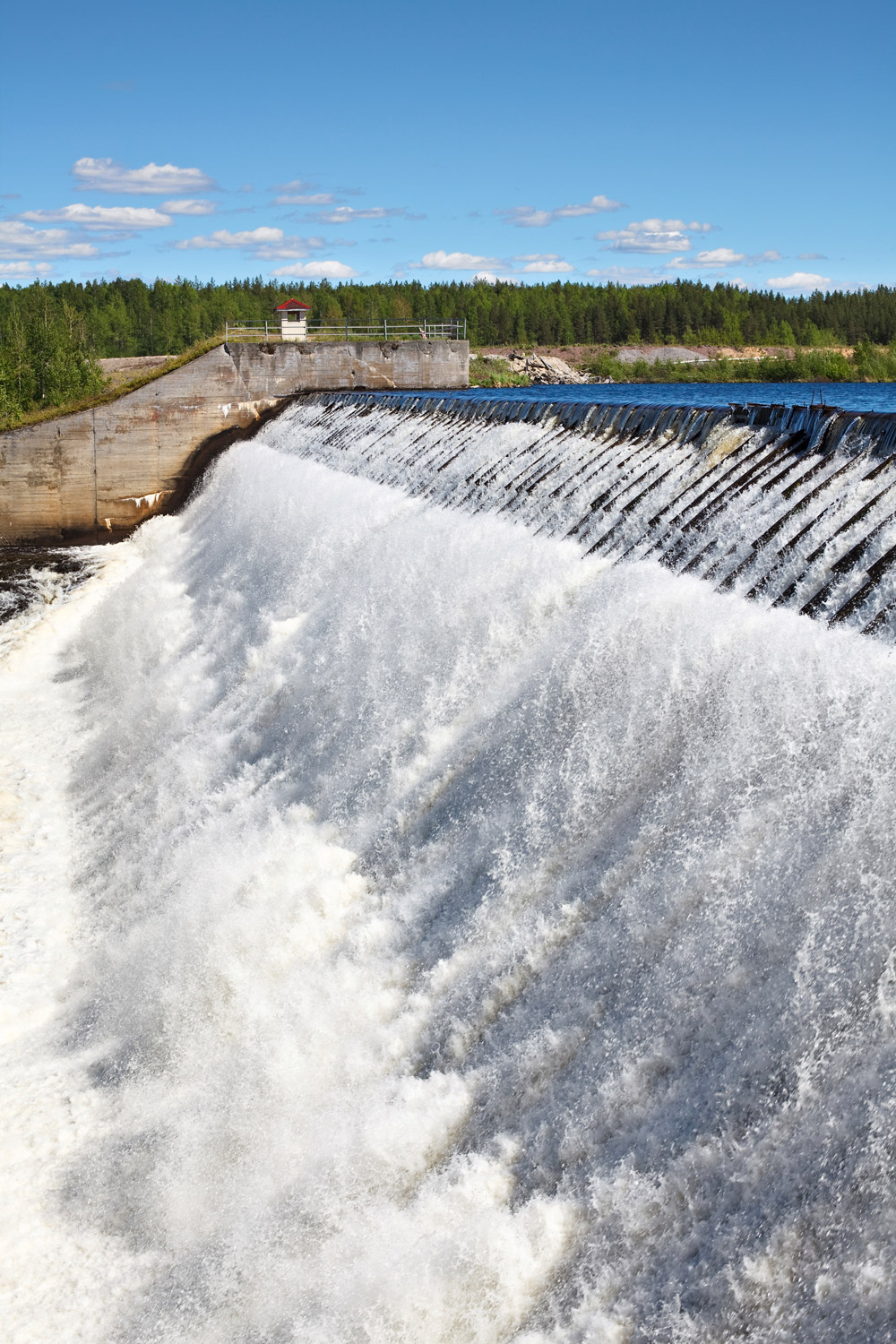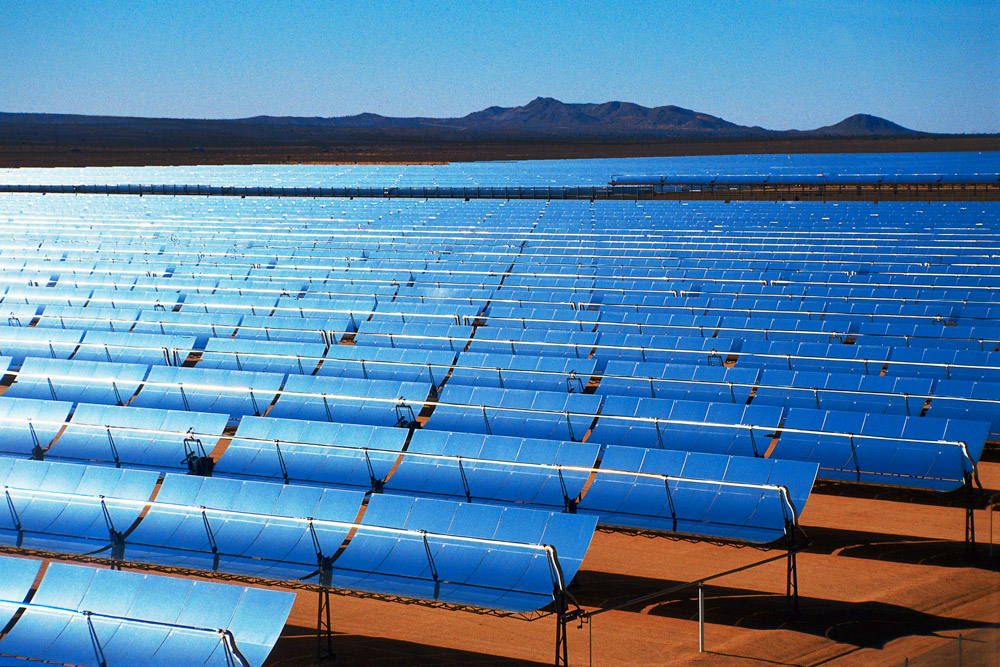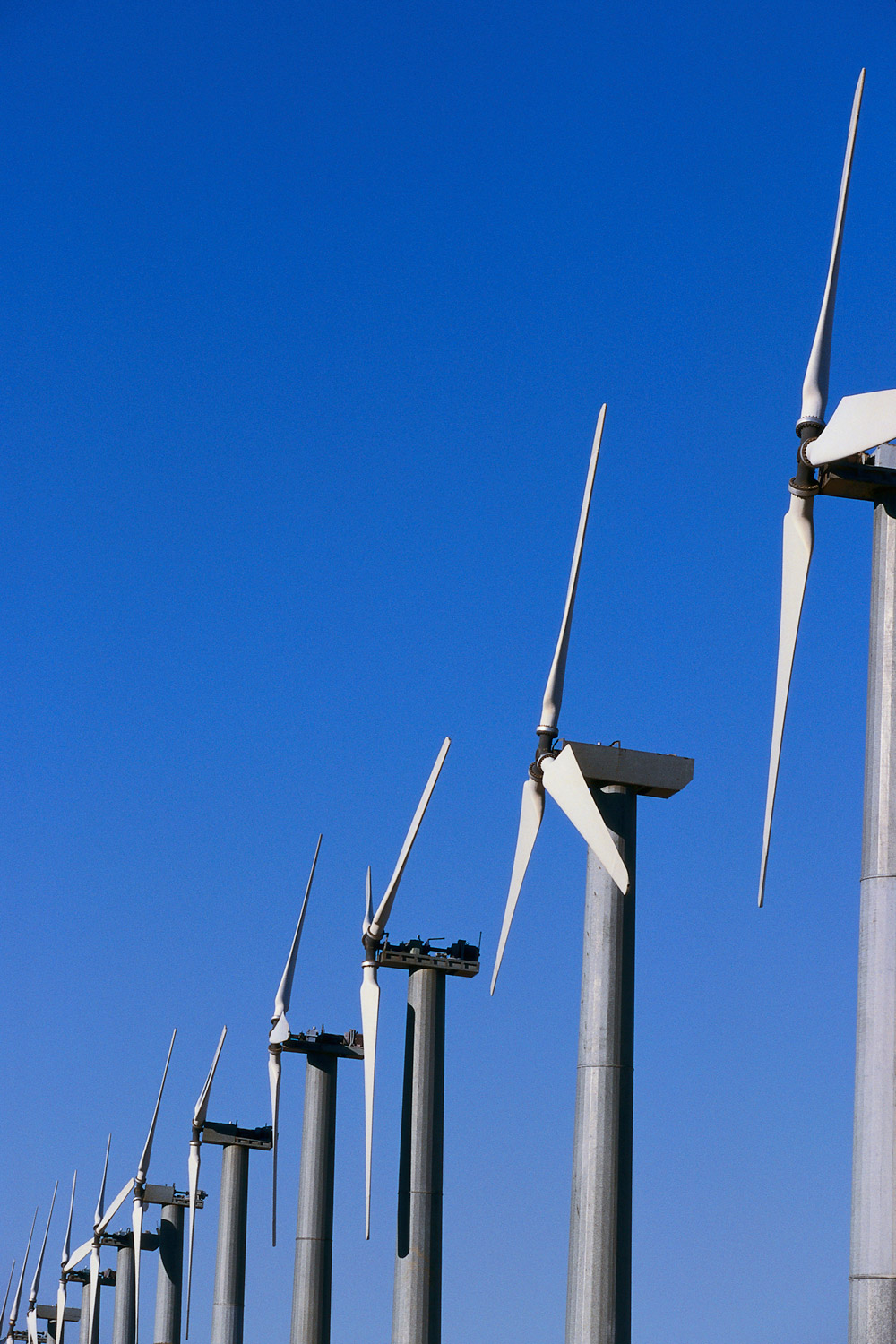- Difference between source and resource:
- Source: a place where one can get a valuable item. Example: A coal mine is a source of coal.
- Resource: a valuable item that one uses. Example: Coal is a resource.
- Nonrenewable: from a supply that cannot be replaced or renewed (fossil fuels) in a short time.
- Petroleum (crude oil)
- Petroleum is found in the Williston Basin in western North Dakota.
- Oil is produced in 17 North Dakota counties.
- North Dakota is the second leading petroleum producing state in the United States.
- Natural gas
- Natural gas is found along with petroleum deposits in western North Dakota.
- Coal
- Coal is the main energy source used for generating electricity.
- The kind of coal found in North Dakota is a very soft coal called lignite.
- Lignite coal is mined in western North Dakota.
- The supply of lignite in North Dakota is enough to last more than 800 years.
- Petroleum (crude oil)
- Renewable: energy from a supply that can be replaced or renewed in a short time.
- Wind
- North Dakota's wind resources rank 9th in the United States.
- Wind farms are located in 25 North Dakota counties as of 2023.
- North Dakota's wind resources rank 9th in the United States.
- Geothermal
- GeothermalGeo = earth and Thermal = heat means heat from the earth.
- North Dakota has potential for using geothermal energy to produce electricity.
- Geothermal energy can also be used to heat homes.
- HydroHydro = water
- Hydroelectric power is electrical power produced by moving water.
- The Garrison Dam is the only producer of hydroelectric power in North Dakota.
- SolarSolar = sun
- Solar power uses energy from the sun.
- Some North Dakota farmers and ranchers use solar power to pump water for cattle to drink.
- Biomass/Biofuels
- BiomassBio = life includes all plant and animal matter.
- Biofuels are fuels developed from living matter.
- Ethanol and biodiesel are examples of biofuels.
- North Dakota has four ethanol plants and one biodiesel plant.
- Ethanol and biodiesel are examples of biofuels.
- Recovered Energy
- Recovered energy is also known as heat-recovery energy or waste heat energy.
- Hot exhaust is captured and used to create electricity.
- Recovered energy is also known as heat-recovery energy or waste heat energy.
- Wind



